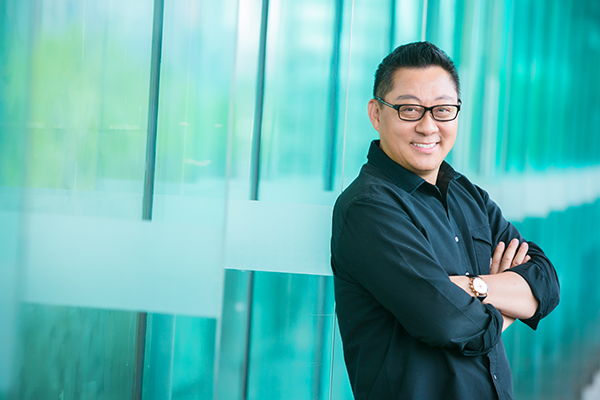The language of success
By Xing Wen | China Daily | Updated: 2018-11-14 07:49

Bridge builders
In the past few decades, Chinese people's reasons of English learning has been changing, as Yu Minhong, New Oriental's founder, observes.
"In the late 1970s, the majority of English learners studied the language because of the requirement to pass the gaokao (college entrance exam) or for their own personal interest," Yu says.
From the mid-1980s onwards, Yu says, the main driving force for Chinese learners was to pass the TOEFL or GRE exams to enable them to study abroad, which fueled the development of many budding English-training service providers, including New Oriental, which seized this opportunity to take off and expand.
"In the 1990s when US universities offered many scholarships to Chinese students, those who had a good study performance but came from a modest financial background strived for the chance to study abroad," says Yu. "And they are now established in a wide range of industries."
Zhang Li, former director of Beijing International MBA at Peking University, was one of the students in the late 1990s who yearned to further his education and study in the United States, although, like many others, he had little idea how to apply to a university or for a scholarship. For this reason, he paid to take the GRE class offered by New Oriental to find the answer.
He describes a common scene in the GRE class: In a tiny, crude classroom filled with hundreds of students, the teacher explained the GRE papers meticulously, meanwhile encouraging students to pursue their dreams regardless of their backgrounds. Although the students' clothes were soaked with sweat, their passion still ran high.
"This kind of atmosphere really pumped me up to realize my dream of traveling abroad," says Zhang. "English was like the passport to my dreams."
Recalling 25 years of the company's development, CEO Zhou Chenggang says: "New Oriental has always served as a bridge builder, sending out students and welcoming them back."
The company, which started offering English classes to help students pass exams, is now looking to provide Chinese students with quality educational services across every subject to promote their all-around development.
"To achieve a high score in TOEFL exams matters, but after students arrive in a foreign country, they will recognize how important their liberal education is. That's why we have developed a set of liberal arts curriculums for the young generation," says Zhou, adding that they hope through lifelong learning, that young people could turn into talented people armed with a "global vision, independent character and a sense of social responsibility".
Xu Chen, 22, a former student of New Oriental and a postgraduate from the University of Melbourne, agrees with Zhou's idea. "When studying abroad, fluency in English is the basis of everything, but definitely not your core competence."
"I learned English at a very young age, studied in a foreign country and observed people's lives in different cultures. These all helped me to broaden my horizons, before I was able to make an informed decision about my future," says Xu.
Contact the writer at xingwen@chinadaily.com.cn
























